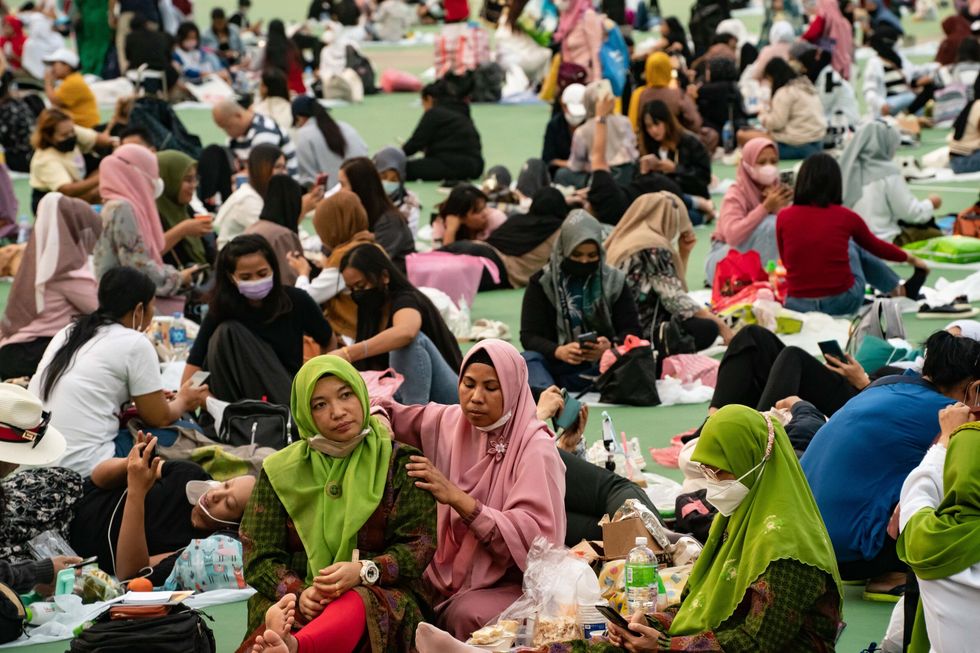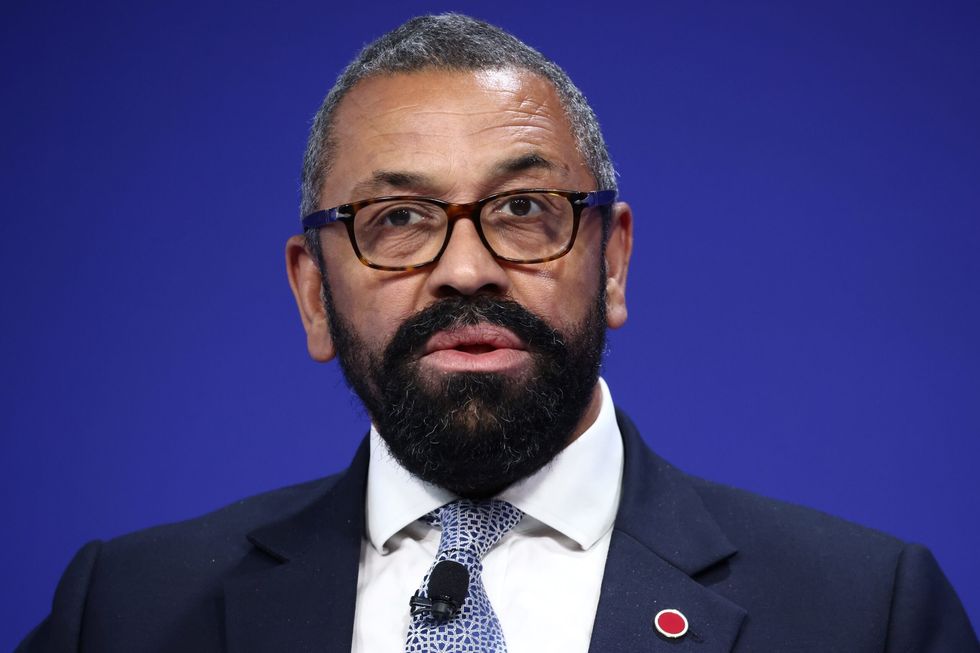CONSERVATIVE politicians sounded like they were already in opposition during the ferocious blue-on-blue attacks on the government over record levels of net migration announced last week.
There were many calls for immediate action to slash the numbers. Yet none of those declaring that it was of existential political importance to do this before the General Election seemed willing or able to give the short-term figure that could be achieved within a year.
The truth is that it is simply too late now to prevent the final net migration score of this parliament being over half a million – which is double the level that the Conservatives pledged to reduce in their 2019 manifesto. After all, the Office of National Statistics figures will report next May the migration statistics to the end of 2023. Nothing ministers announce now is going to make any significant difference to them. If the election is delayed to next December, another round of data to June 2024 would be released this time next year. Net migration would probably have dipped back closer to 500,000 than 750,000 by then. Downing Street is unlikely to find one more round of net migration headlines a boost to Rishi Sunak’s re-election campaign.
Political parties could now make new pledges for the next parliament – though the history of impossible promises and missed targets means public trust in politicians on immigration has rarely been lower. Part of that problem is that the politicians rarely show much trust in the public either.

Brexit gave former prime minister Boris Johnson more control over immigration than the UK government has had for half a century. He chose policies to open up visas to study and work from outside the EU, yet he still added a late pledge that overall numbers would fall to his 2019 election manifesto.
Jeremy Hunt told Johnson in their 2019 party leadership hustings that it would betray the spirit of the Brexit referendum not to reduce overall numbers. Since becoming chancellor, Hunt has rejected pressure to do what he said. It was the Office of Budget Responsibility revising migration levels, to project growth and fiscal receipts upwards, that gave Hunt the basis on which to claim he could already afford to cut taxes.
The government had set itself a target in 2019 to increase the numbers of international students to 600,000 –bringing in £35 billion to the UK economy by increasing the UK share of a growing global market. Hitting that target seven years early is a policy success that adds to its net migration headache. Post-pandemic dynamics, disrupting the usual balance of arrivals and departures, has also seen the student contribution to net migration spike temporarily.

New home secretary James Cleverly does not share his predecessor Suella Braverman’s ambition to cut international students coming to the UK. So, it would make sense to publish an additional calculation of net migration, excluding students, alongside the existing net migration figures, and for a government to identify ‘net migration excluding students’ as the indicator it seeks to reduce while growing Britain’s share of the global student market further. Commissioning a new Migration Advisory Committee report on the economic gains and population pressures from student migration could do that with more transparency, rather than less.
The net migration peak at 750,000 in 2022 was a one-off – increased by the popular schemes to welcome refugees from Ukraine and British nationals from Hong Kong. Those schemes are still boosting net migration by almost a hundred thousand in the latest figure of 675,000.

Labour can credibly say that it expects overall numbers to be lower than the record levels it would inherit. Having long opposed the idea of a net migration target – as too one-size-fits-all an approach to different flows of immigration – it would be an unforced error for Labour enter into a pre-election auction on specific levels of immigration five years from now.
The Reform Party proposes a target of zero net migration. A populist party with no MPs has little need to combine the slogans with credible policy proposals. If the major parties that want to govern the country think zero net migration is unrealistic, they need to say why, not just echo the case for having less of it.
An important thing missing from this era of missed targets is any process of accountability. Migration targets have been little more than rhetorical soundbites both in manifestos and the media. An ‘Immigration Day’ in the House of Commons, akin to Budget Day for the economy, could bring more transparency to the debate about the pressures and gains of migration, and the policy choices about how to control it. That would challenge those proposing lower numbers to set out what they would choose to cut. Governments that want to secure public consent for their choices need to make the public case for the immigration that they choose to keep. They also need to be held to account for the promises they make.
















 Shilpa Shetty and Raj Kundra (Photo credit-/AFP via Getty Images)
Shilpa Shetty and Raj Kundra (Photo credit-/AFP via Getty Images)
 Serpentine Summer Party in LondonInstagram/
Serpentine Summer Party in LondonInstagram/